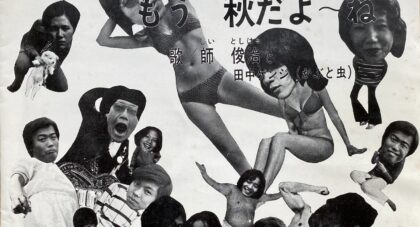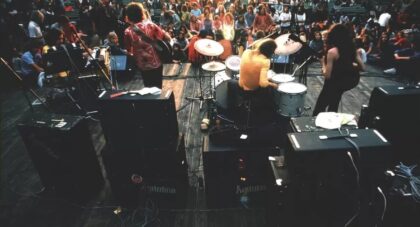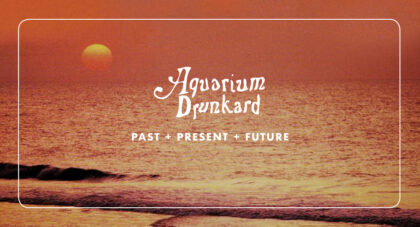Including Shirley Collins' album Lodestar in our 2016 Year in Review feature, we wrote:
"Returning with her first recording in 38 years, song collector, treasurer, and interpreter Shirley Collins unites ancient English folk ballads to Cajun reveries, presenting even Lodestar’s 16th century material resolutely in the present tense. She finds dark humor and pathos in these songs, her voice, regained after years of disuse and sickness, sounding warm and present. Surrounded by fiddle and hurdy-gurdy, Collins presents the traditional as avant-garde and her relationship to these songs goes far beyond singer into the realm of inhabitation."
At 81, Lodestar finds Collins in fine form. It connects to her earliest works -- which helped spark the English folk revival -- but is rooted in the present. AD spoke with her about putting the record together.
Aquarium Drunkard: Lodestar is a captivating record. You’ve long struggled with dysphonia but began singing again in 2014, at the behest of David Tibet of Current 93. When and how did it start to feel possible for you that you’d make another record?
Shirley Collins: Well I guess after the gig at Union Chapel, London in February 2014, when David Tibet persuaded me to sing after years away from the live stage. David proposed to make an EP of the two songs ("All the Pretty Little Horses" and "Death and the Lady"). But there were other songs I wanted to sing, and with a bit of encouragement, and an offer from Domino, I went ahead.
AD: How did it feel recording again?
Shirley Collins: Anxious at first, but then I really started to enjoy the process as I was working with such good and understanding musicians. Also, the technology had caught up with me, and we were able to record at home. In a way, it was like making a field recording.
Only the good shit. Aquarium Drunkard is powered by its patrons. Keep the servers humming and help us continue doing it by pledging your support.
To continue reading, become a member or log in.


